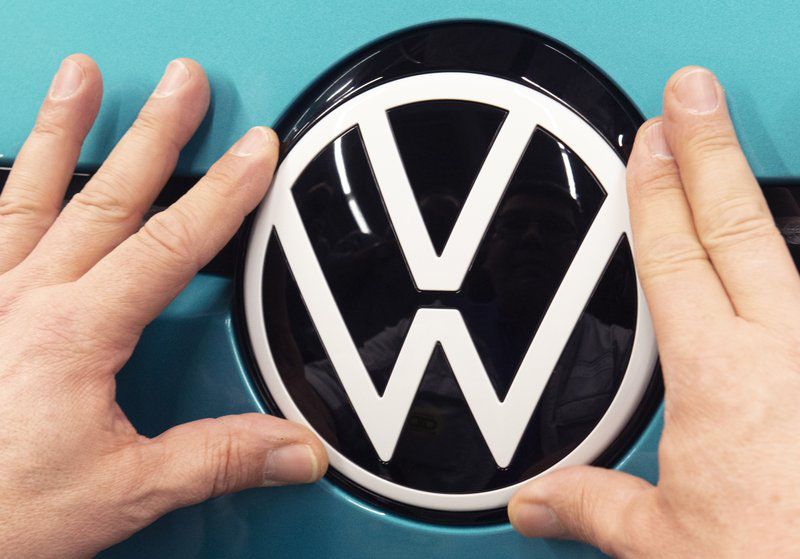

Germany’s auto industry showed more strong results Thursday as Volkswagen’s earnings and profit margins beat pre-pandemic levels and the company raised its profit outlook for the year despite an ongoing shortage of key electronic parts that is plaguing the industry as a whole.
Volkswagen raised its profit outlook for the full year while warning that shortages of semiconductor parts would continue to affect its business, leading the company to lower its forecast for deliveries to customers.
The earnings follow strong margins and profits announced last week by competitor Daimler’s Mercedes-Benz. Germany’s export- and China-focused auto industry has benefitted from a recovery in key global auto markets and continuing demand for the highly profitable premium vehicles that are its specialty. BMW reports earnings Aug. 3.
Volkswagen Group earnings were driven by its luxury brands, Porsche and Audi, both of which turned in record unit sales for the first half of the year and saw profit margins in double digits. A strong used car business helped boost profits at the company’s financial services division.
Volkswagen’s cash pile now stands at 35.0 billion euros ($41.5 billion), money that it can invest in areas that are driving change in the industry, such as battery-powered cars, software and digitally driven services.
“We’re keeping up our high pace, both operationally and strategically, ” CEO Herbert Diess said in a statement.
Wolfsburg-based Volkswagen turned in operating returns on sales of 8.8% and raised its profit outlook for the year by half a percentage point to 6.0%-7.5%.
Operating earnings came in at 11.4 billion euros, compared to a loss of 0.8% billion euros in the first half of last year. when the pandemic led to factory shutdowns and closed dealerships. But earnings also beat the comparable figure of 10.0 billion euros from the first six months of 2019. Sales rose 35% over the first half of last year to 129.7 billion euros, also beating the 2019 figure.